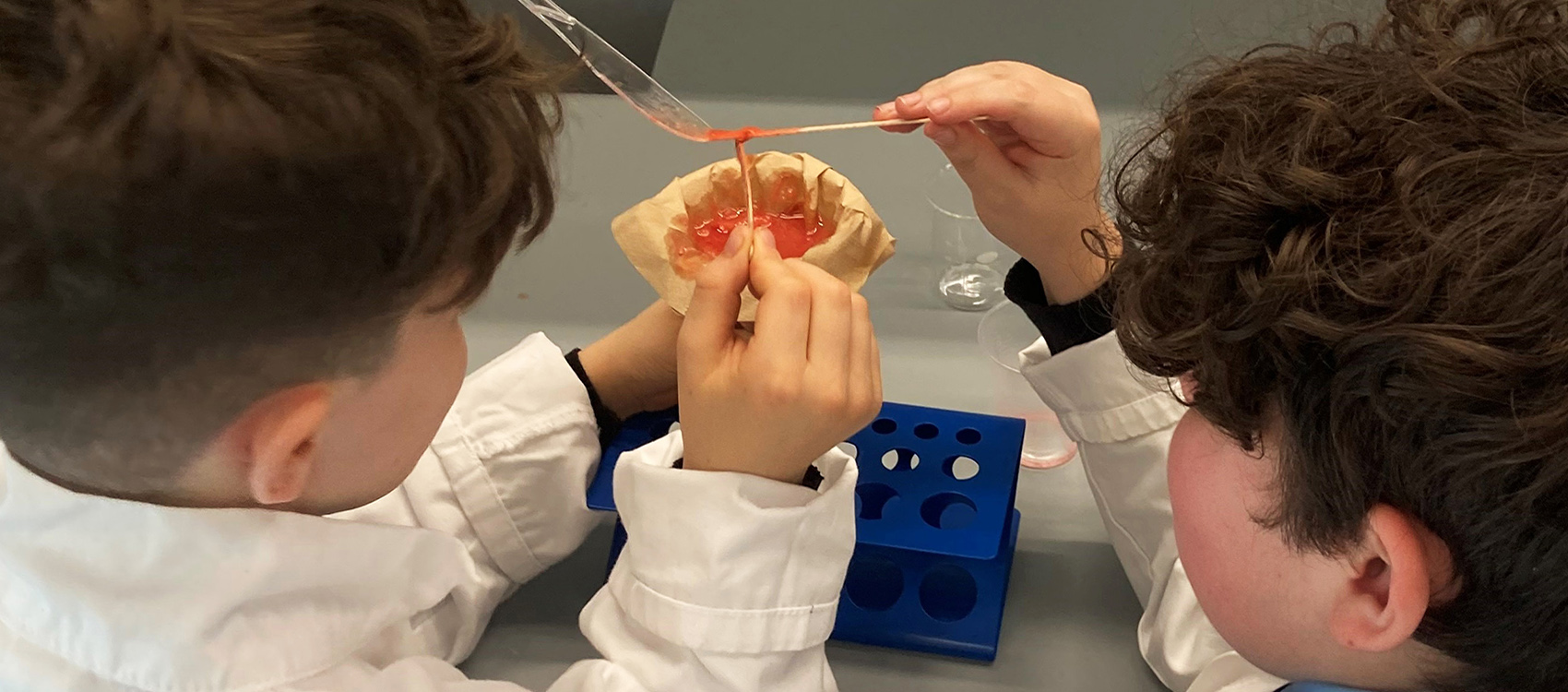Science

Science education fosters curiosity, analytical skills, and a deep understanding of the natural world. At Kennet School, we offer a robust Science curriculum that prepares pupils for future scientific endeavours.
Curriculum Overview
| Key Stage | Qualification | Taught |
|---|---|---|
| 3 | - | ✔ |
| 4 | GCSE Combined Science | ✔ |
| 4 | GCSE Triple Science* | ✔ |
| 5 | A Level Biology | ✔ |
| 5 | A Level Chemistry | ✔ |
| 5 | A Level Physics | ✔ |
* GCSE Triple Science is only offered to pupils which have shown a flair for science in Key Stage 3. It can be selected as part of the Year 9 Option choices.
Key Stage 3
Pupils are introduced to the lab setting in Year 7, quickly getting to grips with experimental procedures and building up their knowledge base. By Year 9, pupils are working through a variety of more complex concepts, as well as planning and developing their own experiments.
Key Stage 4
At Key Stage 4, Science is a mandatory subject. The school offers two science courses in Key Stage 4: GCSE Combined Science (worth two GCSEs) and GCSE Triple Science (worth three GCSEs) - this course is only offered to pupils which have shown a flair for science in Key Stage 3.
GCSE Combined Science This course covers the fundamentals of Biology, Chemistry and Physics, with a focus on explaining physical concepts through experimentation and providing pupils with two GCSE grades at the end of the course.
- Download GCSE Combined Science Course Guide
- Download GCSE Combined Science Curriculum & Assessment Map
GCSE Triple Science offers pupils three GCSE grades at the end of the course - Chemistry, Biology and Physics. The course involves studying these three disciplines in more depth, providing pupils with all the same materials as the Combined Science course (see above), plus additional content designed to help bridge the gap between GCSE and A Level. It is ideally suited to those wishing to study Science further.
Key Stage 5
We offer three specialist science A Levels:
A Level Biology covers all areas of Biology in great depth. This course is ideal for those wishing to study medical or biological science at university level, as well as those wishing to enhance their analytical skills for other subjects. Experiments form a part of the course, but the emphasis is on theoretical skills.
For those who enjoy a good mix between mathematical and empirical work, A Level Chemistry brings in aspects of chemical synthesis as well as the theories behind various physical concepts. This course provides a good framework for studying any science at university level.
With a large overlap with Maths, A Level Physics is best suited to those who enjoy working numerically. There is experimental work involved as well, and students will find they are expected to link those two aspects together in a way required by no other subject.
Facilities
The Science Department is equipped with a vast repertoire of resources to facilitate experimental work. Our large laboratories are able to accommodate full-class experiments and our experienced technical staff are able to provide for more complicated demonstrations. We are proud to say that the department can facilitate any experimental procedure. Our staff are all specialists in one or more science fields, from GCSE level upwards, and place an emphasis on how scientific thinking can help with all aspects of working life.
